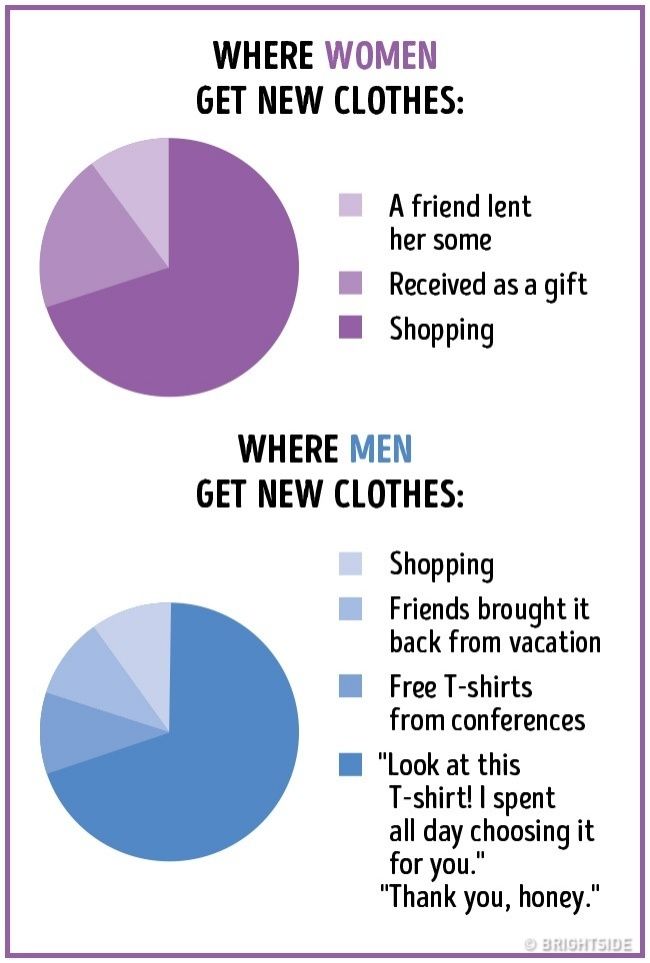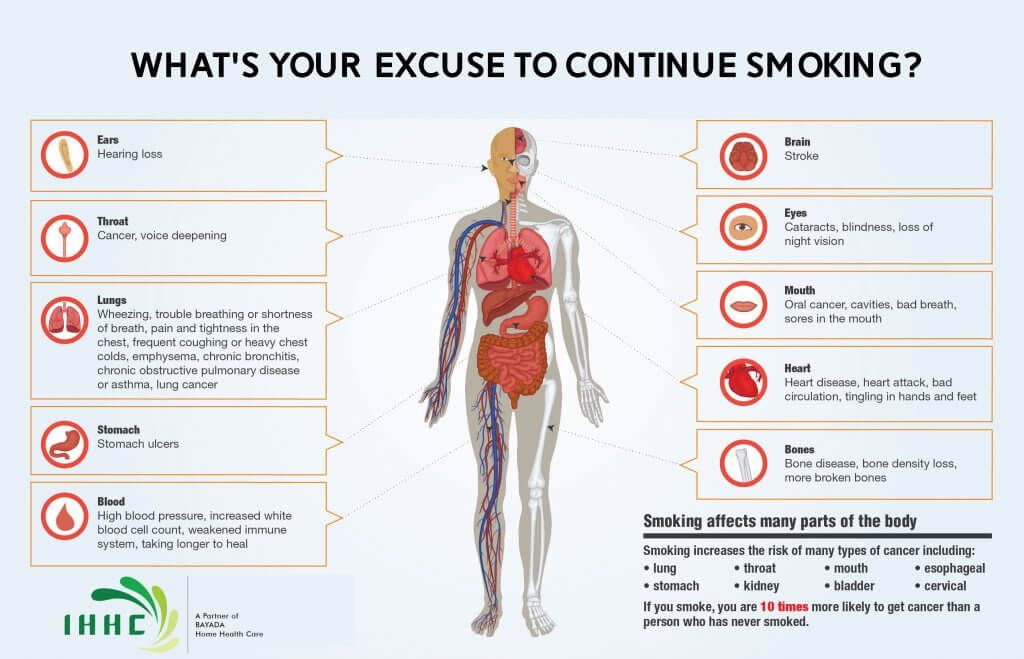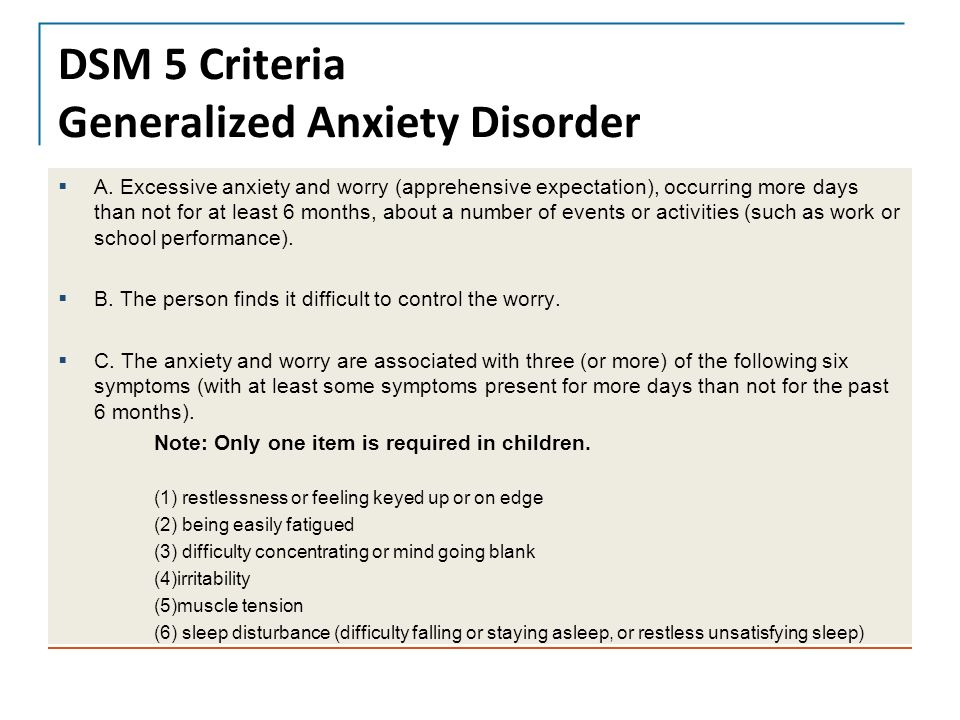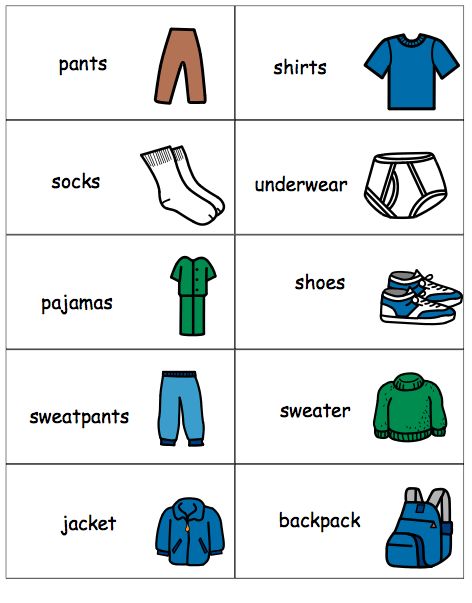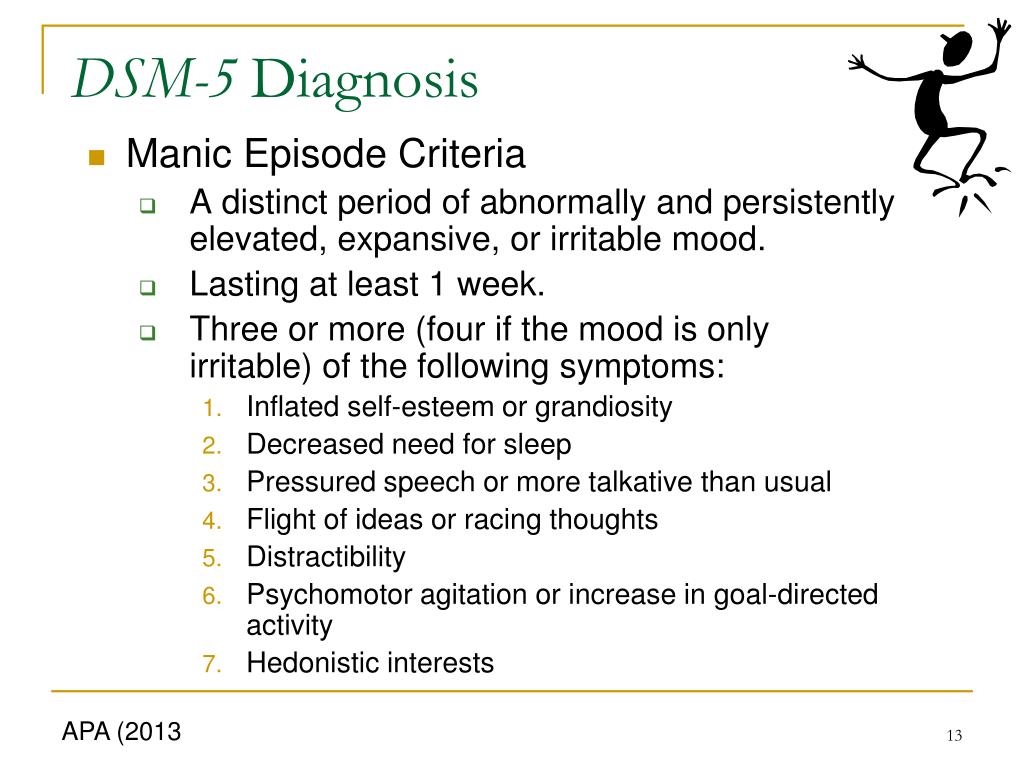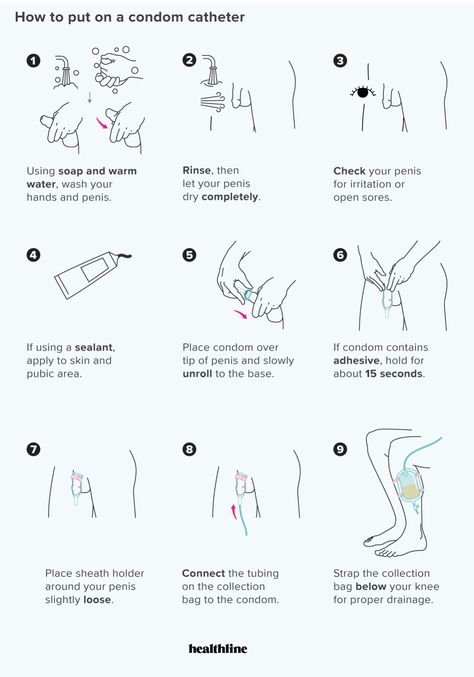Compared to those of women friendships between men are
Female vs Male Friendships
Most friendships typically form for the same reasons, e.g., shared interests, support, and companionship. However, the type of relationship appears to differ between male and female relationships.
Men, unlike women, tend to prefer more activity-based friendships while women tend to prefer more friendships relationships. Although, the dynamics of male-male friendships and female-female friendships are more similar than they are different, there remains a difference in how the genders view and engage in friendships. While one is more casual (male friendships), the other is more intimate and personal (female friendships).
Not surprisingly, female friendships tend to be more dependent on face-to-face contact, are more emotional, include the sharing of thoughts and feelings, and include more support. Friendships between males tend to be more side-to-side rather than face-to-face. Males tend to value relationships that include shared activities, are less intimate, and transactional.
There are also gender differences in the manner in which males and females form and sustain friendships.
Another key difference between male and female friendships include the frequency of contact, investment in the friendship, and types of personal challenges/issues discussed during the friendship.
Unlike women, men often do not feel the need to discuss all the changes in their lives with a friend or a need to say in touch. Interestingly, men can go extended periods of time, months or even years, without having contact with a friend, yet still consider the other person a close friend. In contrast, if a woman does not have regular contact with an individual she views as a close friend then she is more likely to assume they have grown apart, is no longer interested in the friendship, and assume the friendship is over.
Although, male friendships tend to lack intimacy, they are less fragile than female friendships. Men are more likely to bond by engaging in shared activities, such as sports (side-to-side), while women tend to bond through the disclosing of secrets, talking, and spending time together (face-to-face). It should be noted, men tend to make friends easier as they do not question the motives of the other person or feel the same pressure to disclose personal information to maintain the friendship as women. While men may not share their inner-most feelings with their close male friends, studies have shown they are more apt to share these feelings with a wife, girlfriend, sister, or other platonic female friends.
It should be noted, men tend to make friends easier as they do not question the motives of the other person or feel the same pressure to disclose personal information to maintain the friendship as women. While men may not share their inner-most feelings with their close male friends, studies have shown they are more apt to share these feelings with a wife, girlfriend, sister, or other platonic female friends.
Notable Differences in Male-Male Friendships and Female-Female Friendships:
- Male-Male friendships are side-to-side, fostered and maintained through shared activity
- Female-Female friendships are face-to-face, fostered and maintained through intimacy, communication, and support
- Male-Male friendships are less intimate than female-female friendships
- Male-Male friendships are less fragile than female-female friendships, e.g., men will consider someone a friend even if they do not maintain or stay in constant contact
- Emotional attachment Female have and desire a strong emotional attachment with persons they perceive to be a friend
- Men are more likely to remain friends after an argument or a fight whereas women are not
- Women require more frequent contact with someone they consider to be a friend
- Men are more likely to use humor to taunt a friend while viewing this as innocent fun
- Women are more likely to refrain from taunting and humor out of fear it may hurt their friends feelings
- Men tend to hang out more in a group, the more the merrier, while women typically prefer to go out with one good friend.

Although these differences do not apply to all male-male and female-female friendships, this provides a general idea of how male-male friendships differ from female-female friendships.
Regardless of the type of friendship you are in, it is important to identify what you are looking for in a friend. By identifying what you need and want out of a friendship it can assist you with determining if the person you would like to be friends with can provide the type of connection you desire.
Male and female friendships are maintained by different psychological dynamics, study finds
While both men and women cultivate close relationships, the dynamics of these relationships appear to be quite different. A study published in Adaptive Human Behavior and Physiology sheds light on the differences between men’s and women’s romantic relationships and best friendships.
Forming close bonds with others is an integral part of being human. From an evolutionary standpoint, people need secure and supportive relationships to survive and to reproduce. Be it a romantic relationship or a close friendship, there are certain attributes that characterize intimate relationships.
Be it a romantic relationship or a close friendship, there are certain attributes that characterize intimate relationships.
“Over a number of years studying friendships, we had become increasingly aware of very consistent sex differences in both social skills and sociality,” explained study author Robin I. M. Dunbar, a professor of evolutionary psychology at the University of Oxford.
“These human patterns paralleled sex differences that are widely present in Old World monkeys and apes (the group to which humans belong). People do not often study sex differences in social style (bizarrely, some disciplines even forbid the study of sex differences in anything), and it seemed to us there might be something important that we were missing.”
The researchers noted that one common feature of close relationships is similarity — people tend to create relationships with those who are like them. Evidence also suggests that similarity matters more for certain traits than others, but it is unknown how these traits might differ across male and female relationships. Dunbar and his colleagues set out to pinpoint the traits that support intimacy within relationships and to unearth any sex differences that might be at play.
Dunbar and his colleagues set out to pinpoint the traits that support intimacy within relationships and to unearth any sex differences that might be at play.
The researchers recruited 260 participants between the ages of 18 and 80 to complete an online questionnaire that asked them about their close relationships. The participants completed scales to assess the level of intimacy within their romantic partnerships and best friend relationships. They also scored themselves, their partners, and their best friends according to 13 attributes (e.g., intelligence, kindness, athleticism).
In line with previous research, both romantic relationships and best friendships were more similar trait-wise than they would have been if the data had been randomly distributed — supporting the idea that people form relationships with those who they perceive to be similar to them.
Next, the researchers examined how the similarity of each trait contributed to the level of intimacy in a given relationship. Interestingly, sex differences emerged.
Interestingly, sex differences emerged.
For romantic relationships, women appeared to look for similarity in partners to a greater extent than did men. Women rated the intimacy of their romantic relationships higher when they and their partners were more similar in terms of finances, dependability, outgoingness, and kindness. For men, the intimacy of their romantic relationships was not significantly linked to partner similarity on any of the traits.
“Despite all the similarities, the two sexes do live in rather different social worlds,” Dunbar told PsyPost. “They have different interests, different foci and different social styles. One is not better than the other — they are just different ways of achieving the same long-term goal. But it does mean that both sexes need to be aware of that and make the appropriate allowances.”
The dynamics of male and female friendships were quite different. Women’s friendships were most intimate when they and their best friends were most similar in terms of things that seemed to affect the quality of the relationship itself, such as education, humor, and happiness. Men’s friendships were most intimate when they and their best friends were most similar in ways that affect involvement in social activities, such as finances, outgoingness, and social connection.
Men’s friendships were most intimate when they and their best friends were most similar in ways that affect involvement in social activities, such as finances, outgoingness, and social connection.
Dunbar and his colleagues noted that these differences could reflect the fact that women prefer to socialize one-on-one while men prefer to socialize in groups. Notably, same-sex best friendships were much more common (78% among male respondents and 85% among female respondents) than opposite-sex best friendships.
The findings add to the existing evidence that men and women have a fairly different outlook on friendship. While both male and female respondents were equally likely to have a romantic partner, more women (98%) reported having a best friend than did men (85%). Men were also more likely to have a romantic partner but no best friend compared to women. The researchers say these findings support previous evidence that men have social circles that tend to include a collection of casual friendships, whereas women tend to have smaller social circles that include one or two more intimate relationships.
“These differences appear very early in life (long before serious influences of socialization have a lasting effect) and they are also present in monkeys and apes. That said, the differences are not absolutes: as with all traits, physical and psychological, they lie on a continuum, and the two sexes overlap,” Dunbar said.
“A better understanding of individual differences would be highly desirable if we want to understand their origins. While it is always the case that behavior can be tweaked in one direction or another during socialization, what we don’t really know is which components can be adjusted in this way and which not, or by how much. The one thing we should never do is presume on ideological grounds that we know.”
“Our job as scientists is to understand and explain the world. We cannot do that if we assume that we know the answer before we even start,” Dunbar added.
The study, “Sex Differences in Intimacy Levels in Best Friendships and Romantic Partnerships”, was authored by Eiluned Pearce, Anna Machin, and Robin I.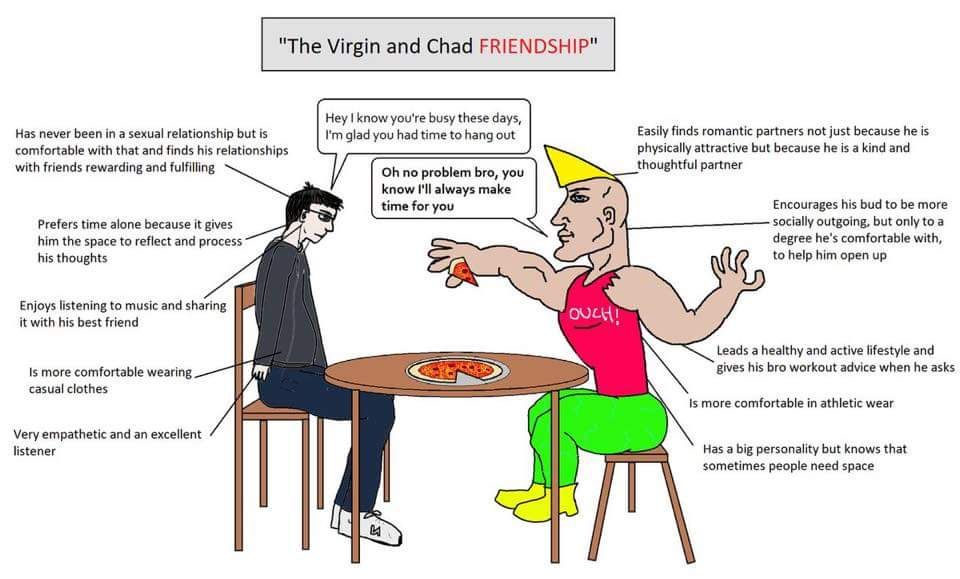 M. Dunbar.
M. Dunbar.
Is friendship possible between a man and a woman
March 25, 2021 Relationship
Even scientific research cannot give a universal answer.
Why friendship between a man and a woman is called into question
According to polls, 82% of Russians have friends of the opposite sex. Among people aged 25–34, this figure reaches 92%; among those who have higher education - 90%. It would seem that there is nothing to discuss here. However, there are still discussions on the Internet, and the issue remains relevant. nine0003
1 / 0
Screenshot: Yandex.Q
2 / 0
Screenshot: Yandex.Q
3 / 0
Screenshot: Yandex.Q between a man and a woman does not exist, not so much. In the end, three remain, which flow from one another.
1. Friendship will definitely grow into love or sex
This stereotype is actively spread through movies and books. Even in the "profile" series "Friends", almost every hero sooner or later was fond of his comrade. In reality, of course, everything is somewhat more complicated. Sometimes love really grows out of friendship, and sometimes romantic relationships become obsolete and transform into friendship. Or nothing happens - and people remain friends for many years. nine0003
Even in the "profile" series "Friends", almost every hero sooner or later was fond of his comrade. In reality, of course, everything is somewhat more complicated. Sometimes love really grows out of friendship, and sometimes romantic relationships become obsolete and transform into friendship. Or nothing happens - and people remain friends for many years. nine0003
2. Only one is friends, the other always feels more
The situation when one of the comrades experiences something more serious than friendly interest is indeed quite common. Which, in principle, may not interfere with friendship if the period of teenage maximalism is left behind.
3. A man won't be friends with a woman if he doesn't like her romantically
That is, a woman can't be interesting in any other way - why talk to her about it. And if a man needed friendship, he would be friends with another man. nine0003
What psychologists think about it
Experts do not doubt the existence of friendship between a man and a woman, but they believe that each relationship should be considered separately.
One cannot talk about this phenomenon impersonally. Friendship is a relationship between specific people. It arises on the basis of the similarity of characters, interests, hobbies, hobbies, mutual sympathy.
Oleg Ivanov
psychologist, conflictologist, head of the Center for Settlement of Social Conflicts
Clinical psychologist Natalya Manukhina notes that if you look up the definition of the word “friendship” in dictionaries, there will be no notes about gender. But in the definition closeness and trust will certainly be mentioned.
Friendship is labeled as something valuable. Usually we are talking about long-term, more than one year lasting relationships. At the same time, by the way, often one of the friends speaks about them confidently and firmly, and the other - with doubt or reluctance. That is, recognition of the existence of a strong friendship is not necessarily mutual. But again, this does not depend on gender. nine0003
Natalya Manukhina
Clinical psychologist, family counselor, PhD in Psychology
What studies say about it
One study in the US asked students about the benefits and disadvantages of being friends with the opposite sex.![]() It turned out that in men and women the perception of such relationships converges in many respects. They valued friends of the opposite sex for the opportunity to talk openly with them, to have dinner together, to receive information from them on how to behave with potential lovers. nine0003
It turned out that in men and women the perception of such relationships converges in many respects. They valued friends of the opposite sex for the opportunity to talk openly with them, to have dinner together, to receive information from them on how to behave with potential lovers. nine0003
Among the shortcomings, both men and women noted confusion in the status of relationships, and also situations when one of them is in love, but does not meet reciprocity or cannot build their own romantic relationship, because friendship scares away potential partners.
But differences were also revealed in the assessment of friendship with a representative of a different sex. For example, the possibility that such communication will spill over into something more was seen by men as an advantage, and women as a disadvantage. There was also a different reaction to the situation when one of the friends is in love, but his feelings are not mutual. Men in this position are more likely to feel rejected and used, and women are more guilty. If friendly relations turned into sexual ones, men more often continued to call them simply friendship. nine0003
If friendly relations turned into sexual ones, men more often continued to call them simply friendship. nine0003
For another study, the researchers invited 44 pairs of opposite-sex friends and asked them to talk about their relationship. It turned out that in such couples, men are much more likely to be attracted to women than vice versa. Moreover, men were much more likely to mistakenly believe that the other side shared these feelings. In fact, both sexes tended to believe that their aspirations were mutual: men thought that their girlfriends were romantically interested in them, women - that there was no such interest on the part of friends. And they all behaved according to their assumptions. nine0003
That is, on average, men are less likely to “just be friends” and are more likely to believe that if they feel sympathy, then it is mutual. On average, it means not always and not 100 percent of them.
In another study of 90 people, men and women reported that, in general, same-sex friendships were similar to those of the opposite sex. True, both of them end up preferring comrades of their sex, since they receive more help from them and feel more loyalty. nine0003
True, both of them end up preferring comrades of their sex, since they receive more help from them and feel more loyalty. nine0003
Gender stereotypes also contribute to friendships. Research shows that if one person sees another as unequal, they are less likely to associate with them. At the same time, those who are devoid of gender bias easily make friends with members of the opposite sex.
Of course, these are far from all studies that relate to friendship between a man and a woman. But it is important to understand that all these interesting observations characterize the situation on average and may not be applicable in particular cases. nine0003
Read also 🧐
- 20 habits that will help strengthen friendships
- 8 myths about true friendship that it's time to break up
- Friendship sex: why relationships without obligations in life are much more difficult than in the movies
- Why we still believe that female friendship does not exist
- What to do if you fall in love with your best friend0078
Psychologist explained whether friendship between a man and a woman is possible - Moscow 24, 10/26/2022
October 26, 2022, 09:01
Society
There are still disputes about whether friendship between a man and a woman exists.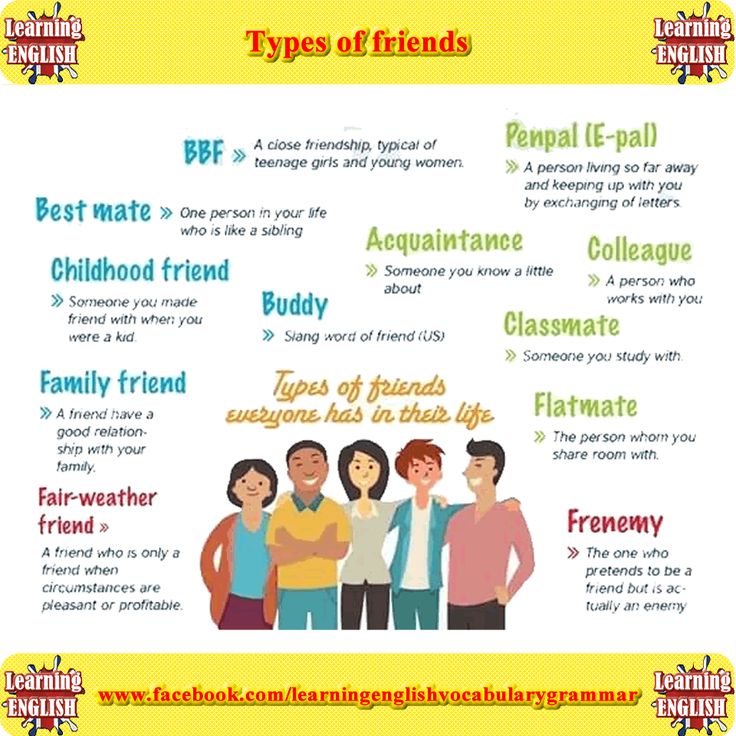 Perhaps they like being friends, but others perceive such relationships with skepticism. Psychologist, Gestalt therapist Anna Devyatka told about what is hidden behind such friendship and how to respond to communication with the opposite sex. nine0095
Perhaps they like being friends, but others perceive such relationships with skepticism. Psychologist, Gestalt therapist Anna Devyatka told about what is hidden behind such friendship and how to respond to communication with the opposite sex. nine0095
Photo: depositphotos/fizkes
It is important for people to talk to their friends and family about what concerns them. Get feedback and emotional support. Some topics can be discussed over a cup of tea with your soulmate. But more often than not, one person is not able to cover all the needs of another in communication. Some topics are better to raise with a friend or girlfriend, especially when you want to speak out properly or hear another opinion from the outside. However, things get more complicated when such relationships involve people of the opposite sex. nine0095
Not like in the movies
Can you remember a movie about friendship between a man and a woman where there is no love line between the main characters? "More than a Friend", "Looking for a Friend for the End of the World", "My Best Friend's Girlfriend" - all these comedy melodramas hint at a romantic story by their title alone. This approach increases ticket sales because any sexualization of a relationship attracts attention and shows how to satisfy the need for love.
This approach increases ticket sales because any sexualization of a relationship attracts attention and shows how to satisfy the need for love.
However, do men and women always cross the boundary of friendship? Alexandra is 37 years old and works as a psychologist. The woman says: "There is one very close friend, we have a strong relationship since school days, more than 20 years. All these years there is mutual support and support, while in our relationship there is always flirting and sexuality." nine0003
It turns out that everything in life is not as simple as in a comedy melodrama. Even if there is sympathy between a man and a woman, sometimes they choose to be friends rather than create a love relationship.
What is friendship?
From the point of view of sociology, 50 hours of continuous communication becomes an occasion for friendly relations. After spending 200 hours together, you can already talk about friendship. This fact is confirmed by an example from comments in social networks.
I have two best friends: one I have known for 25 years, the other for 40 years. And in any situation, we are a mountain for each other.
Maria
cynologist, 44 years old
Friendship is a stable, disinterested personal relationship based on mutual sympathy and common interests. When we call someone a friend, it means we count on him in difficult situations. He will try to understand, accept and respect our life choices. And he will help not for money or for selfish gain, but just like that. nine0003
That is why friendship is so valued, and many want to have at least one such person in their lives. Does it really matter if this friend is a man or a woman?
Feel the limits
Photo: depositphotos/shotsstudio
If in childhood a daughter had a good relationship with her mother, and a son had a good relationship with his father, it is easier for them to communicate on the principle of "girls with girls, and boys with boys.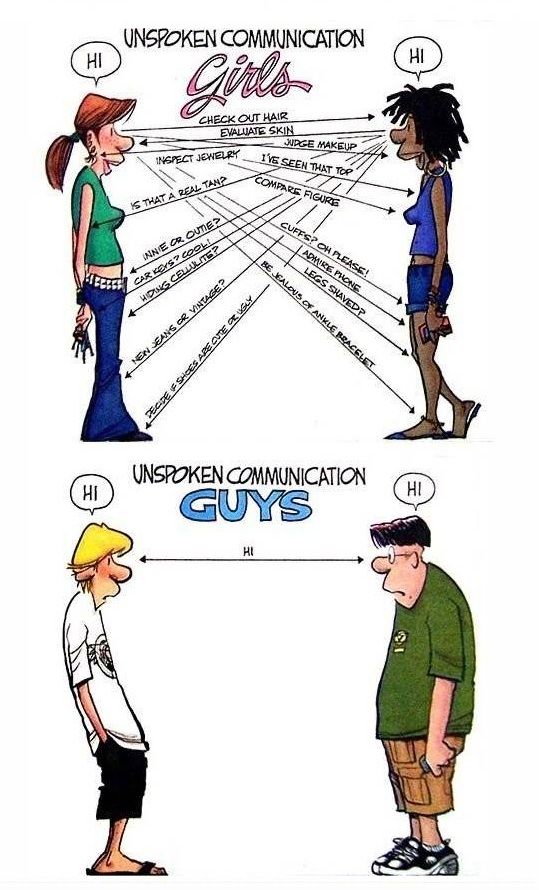 " However, if the girl had a competitive relationship with her mother, and the boy considered his dad a scoundrel, close communication with people of the same sex becomes problematic. But there remains an interest in something joint with the opposite. nine0003
" However, if the girl had a competitive relationship with her mother, and the boy considered his dad a scoundrel, close communication with people of the same sex becomes problematic. But there remains an interest in something joint with the opposite. nine0003
This is one of the reasons why friendship between a man and a woman becomes possible. But there are others, the main one being the ability to keep boundaries in relationships. Netizens are actively talking about how they manage to be friends with a pretty person of the opposite sex for so long.
I am always sensitive to my boundaries. I understand that a person is important to me, and I choose friendship, and not a one-time (albeit enchanting) contact.
Alexandra
Another Internet user Maria knows her friends' wives very well: "We see each other often, and I'm on good terms with their soul mates. I'm always welcome and invited to visit." nine0003
When everyone knows each other, jealousy is prevented. Also, in any long-term relationship, there are well-established rules of communication that allow you to maintain a warm connection for many years. For example: "We are like brother and sister to each other" or "Stop everything that concerns romance." Friends either speak these agreements out loud or leave them at an unspoken level, when everything is clear without unnecessary discussion.
Also, in any long-term relationship, there are well-established rules of communication that allow you to maintain a warm connection for many years. For example: "We are like brother and sister to each other" or "Stop everything that concerns romance." Friends either speak these agreements out loud or leave them at an unspoken level, when everything is clear without unnecessary discussion.
Other installations
Photo: depositphotos/gpointstudio
"Whatever the trust, I wouldn't like it if my husband was "friends" with some woman. He wouldn't appreciate that either," 38-year-old psychologist Diana shared.
In her family, points of view on this coincide, thanks to which there are clear boundaries of what is permitted in communication with other people. "I have a lot of male acquaintances, we play board games, fry kebabs. But this is not what is considered friendship, but rather a friendly relationship," the woman said.
Closeness and warmth in a couple are more characteristic of her relationship with her husband.